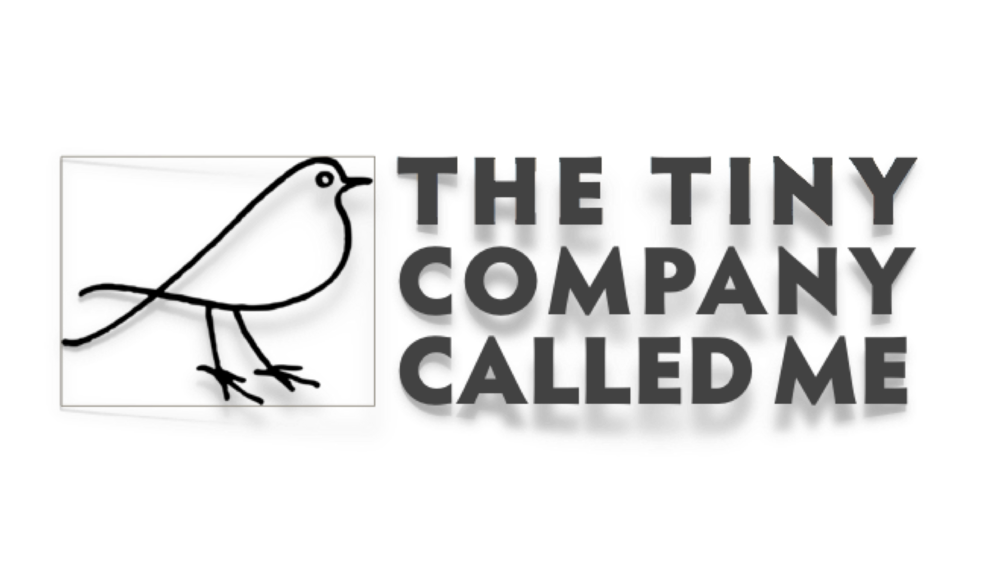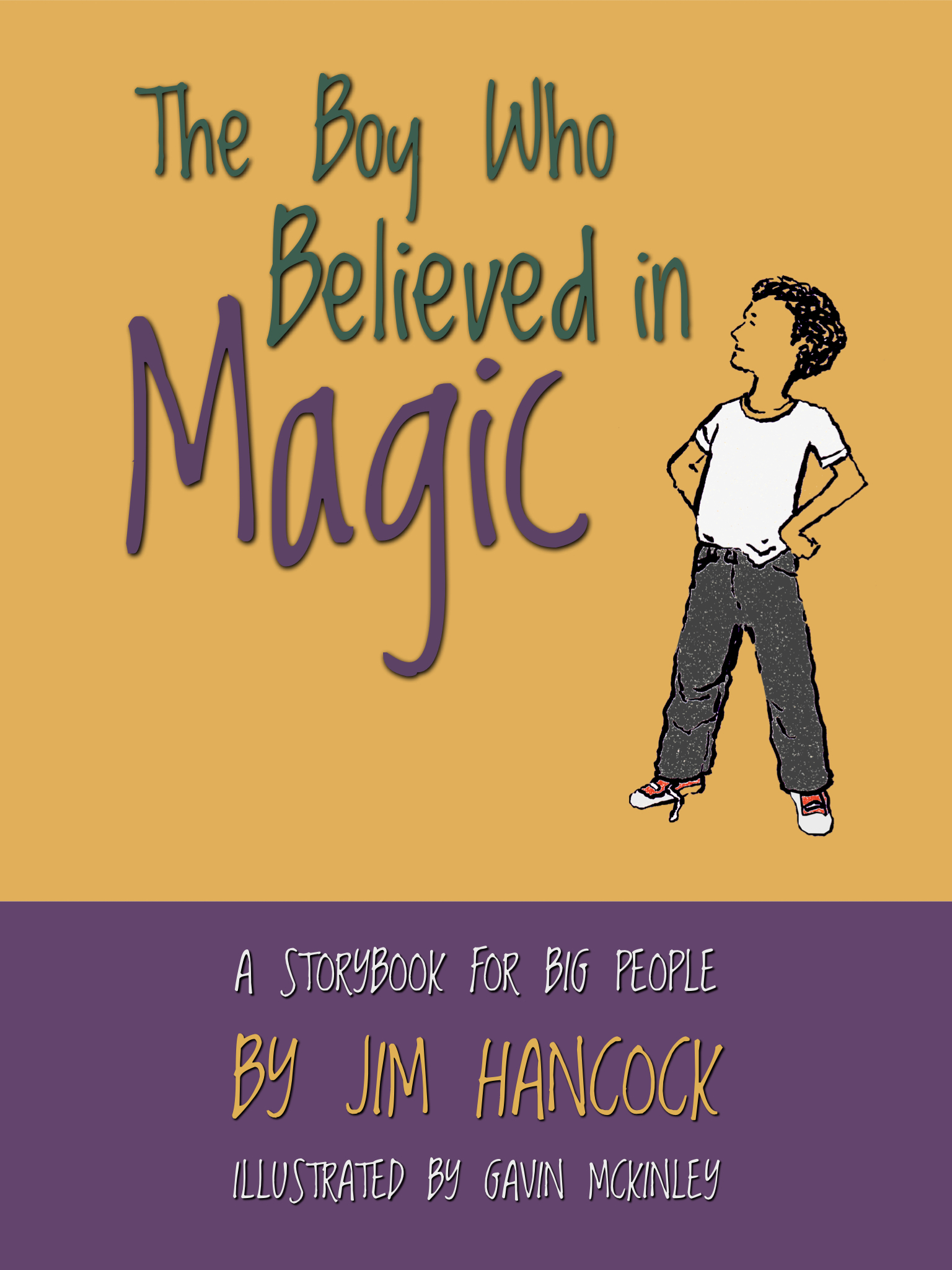Now Available at NoiseTrade (Home of the world famous pay-what-you-can-afford offer)
"THE BOY WHO BELIEVED IN MAGIC is stunning in its simplicity, ruthless in its candor, raw in its power." — Brennan Manning
This is about control.
Some people grow up believing their lives are none of their business … they live with what’s called an "external locus of control" — meaning they don’t make decisions about what they’ll do, or not do — or try to do or not do — because they feel powerless in the face of bigger forces they’re convinced are controlling what happens to them.
Maybe they’re angry about that. Maybe they’re sort of glad to be relieved of responsibility. Maybe they simply try not to think about it too much because, whatever happens — good or bad — seems a lot like magic in their eyes.
Of course, they’re not entirely wrong. Most of us don’t have direct influence on the macroeconomy … or global politics … or pandemic disease outbreaks. Does that mean we’re off the hook for making prudent choices about money, or voting, or healthcare?
People who believe in magic think they are off the hook. They may choose impulsively … or delay choices until there is no choice. Either way, what does it matter? One experience after another, they learn to interpret whatever happens as magic.
If you think you can, you might. If you think you can’t, you won’t.
This storybook for big people is about that.
Download the PDF version here or at NoiseTrade. Get the Kindle version at Amazon.










